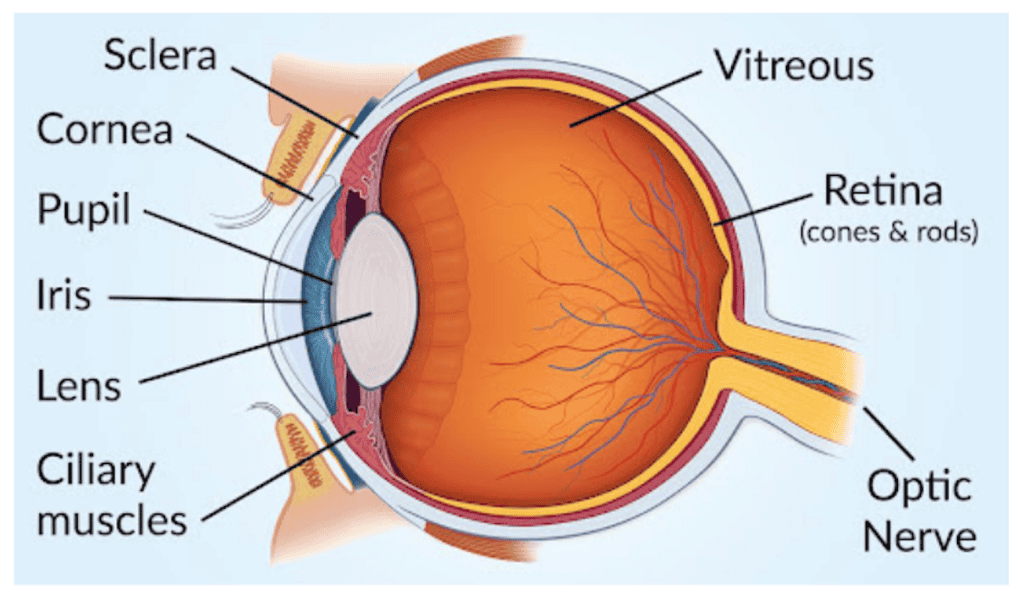Refractive Lens Exchange (RLE) is an operation that corrects vision problems by replacing the eye’s natural lens with an artificial intraocular lens (IOL). This procedure is primarily recommended for individuals who want to reduce their dependence on glasses or contact lenses and are not suitable candidates for laser eye surgery, such as LASIK.
There are several types of intraocular lenses available for refractive lens exchange. At your consultation, I will help you choose the most suitable option based on your individual needs and preferences:

Categories of Intraocular Lenses Available:
Monofocal IOLs with Monovision: This lens arrangement works by aiming to focus one eye for clear distance vision and the other for near or intermediate vision. The brain typically adapts very well to this arrangement with only mild losses of depth perception.
Multifocal IOLs: Multifocal lenses allow you to see clearly at many distances, reducing the need for both distance and reading glasses. 95% of people who have these lenses implanted no longer require glasses. However, some people may experience glare or halos around bright lights, especially at night, as well as reduced contrast in low light levels.
Extended Depth of Focus (EDOF) IOLs: EDOF lenses provide a continuous range of clear vision from far to intermediate distances with some clear vision at near. They generally have fewer side effects than multifocal IOLs but reading glasses can be occasionally required for some tasks.
Benefits of Refractive Lens Exchange:
Improved Vision: RLE can correct nearsightedness, farsightedness, astigmatism, and presbyopia, improving your overall visual clarity.
Reduced dependence on glasses: Depending on the IOL type chosen, you will generally need glasses much less frequently, or in some cases, not at all.
Long-Term Solution: RLE provides a lasting vision correction solution and eliminates the need for future cataract surgery.
Risks of Refractive Lens Exchange:
As with any surgical procedure, there are potential risks and complications associated with RLE which may result in harm to your vision or require further surgery. These include infection, glare and halos, retinal detachment (this risk is higher for individuals with nearsightedness), dry eye and inflammation, In some cases reoperation or laser treatment may be required to further reduce your need for glasses.
Refractive Lens Exchange is a procedure that can significantly reduce or eliminate your dependence on glasses. We will work with you to determine the most suitable IOL for your needs and provide guidance on what to expect during and after the surgery.

